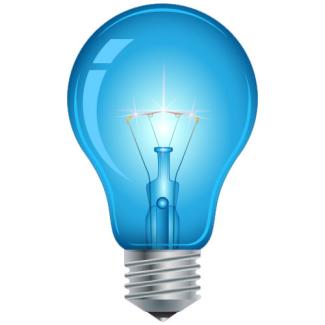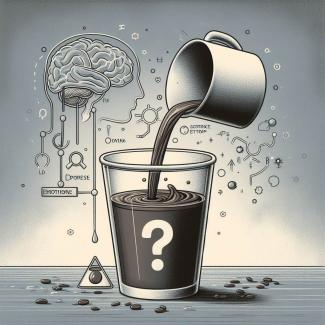
Blue light, especially from digital screens and LED lighting, has been a topic of concern regarding its potential impact on mental health, particularly in relation to depression. While research is still ongoing, there is some evidence to suggest that excessive exposure to blue light, especially at night, may have negative effects on sleep patterns and circadian rhythms, which can indirectly influence mood and contribute to symptoms of depression.
Here are some key points to consider:
- Disruption of Circadian Rhythms: Blue light exposure, particularly in the evening, can interfere with the body's natural circadian rhythms. This is because blue light suppresses the production of melatonin, a hormone that regulates sleep. Disrupted sleep patterns can lead to mood disturbances, including depressive symptoms.
- Sleep Quality: Poor sleep quality or insufficient sleep is a well-known risk factor for depression. Blue light from screens can contribute to sleep problems, making it harder to fall asleep and reducing the overall quality of sleep.
- Digital Screen Use: Many people spend a significant amount of time using digital devices such as smartphones, tablets, and computers, which emit blue light. This prolonged exposure, especially before bedtime, can affect sleep and potentially impact mental health.
- Individual Variability: It's important to note that the effects of blue light on mental health can vary from person to person. Some individuals may be more sensitive to its effects, while others may be less affected.
It's important to address potential blue light-related concerns to help mitigate any negative impacts:
- Blue Light Filtering: Some devices and screens have settings or apps that reduce blue light emissions during nighttime hours, which can help reduce its impact on sleep.
- Screen Time Management: Reducing screen time, especially in the evening, can help improve sleep quality and overall mental well-being.
- Creating a Sleep-Friendly Environment: Make your sleep environment conducive to rest by minimizing screen time before bed, keeping the bedroom dark, and maintaining a consistent sleep schedule.
It's worth noting that while there is a growing body of research on this topic, more studies are needed to fully understand the relationship between blue light exposure and depression. If you or someone you know is struggling with depression or sleep disturbances, it's advisable to consult with a healthcare professional for a comprehensive evaluation and appropriate treatment options.






